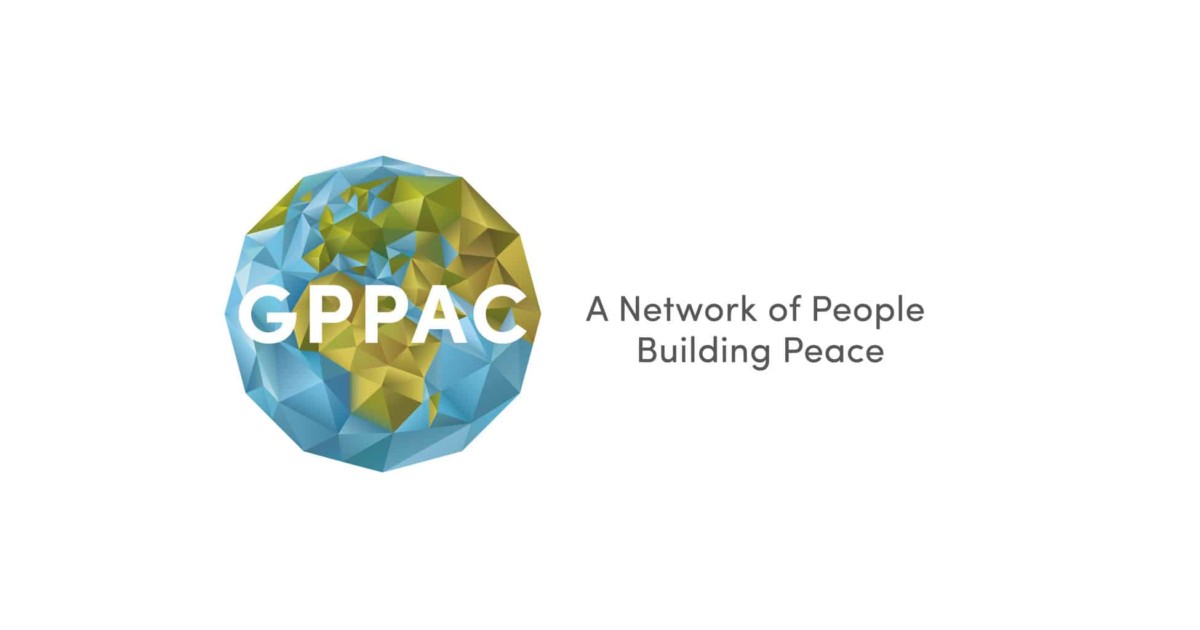Mali
Mali
Current and Past Recommendations to the UN Security Council (Monthly Action Points)
The situation in Mali is dire, with the population facing the worst food insecurity in over a decade. 30% of the population is in need of humanitarian assistance, while humanitarian organizations face severe access constraints and challenges transporting lifesaving goods to people in need. Despite decreased hostilities in some areas, there is an increase in frequency and seriousness of violence targeting civilians in central and southwestern Mali. Women and girls living in conflict-affected areas are at particular risk for GBV, particularly domestic violence, and overall, nearly 90% of the rural population, which comprises more than half of Mali’s overall population, have either been directly affected by conflict or expressed concern that the conflict will spread to their community. The ongoing insecurity and heavy dependence on external assistance for basic social services, including the closure of schools affecting nearly 500,000 students, have disproportionately affected women and girls, resulting in an increase in early and forced marriages and sexual exploitation and abuse, and reduced access to sexual and reproductive health services. In forthcoming discussions on the situation in Mali and the Sahel, Security Council members must emphasize the centrality and applicability of international humanitarian and human rights law and reiterate that all armed groups must act in accordance with their obligations. Previous briefings by civil society to the Council have repeatedly highlighted stakeholders’ failure to meaningfully address provisions of the Bamako Agreement related to women’s meaningful participation and leadership. Over the last year, political outcomes of dialogues, such as the agreement signed in April 2021 in Niono, as well as the conclusions from regional and subregional meetings, have lacked any attention to women’s rights or the importance of women’s full, equal and meaningful participation. As a result, it is critical that briefings by senior UN officials, as well as statements delivered by Council members, provide specific information and analysis regarding the gender dimensions of the situation, particularly the critical role of women in all peace, political and security processes.
Relevant Resources









